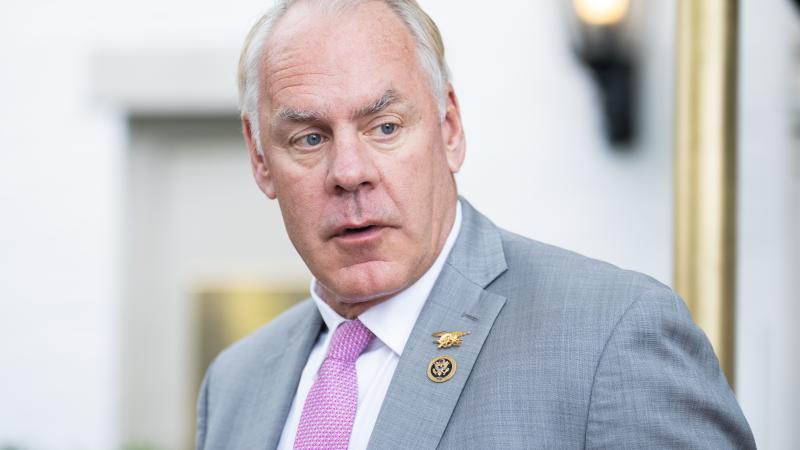More Americans using mental health apps; Can they be trusted with personal data?
North American is the continent with the largest market share of mental health apps.
Seems like there’s an app for everything these days – and that's because there probably is.
Consider the Google Play Store. It has 2.87 million apps available for download, with those for mental health being especially popular. A staggering 20,000 of them are now in circulation, as the market continues to grow at a steady pace.
North American is the continent with the largest market share, which is not surprising considering Canada is amid a mental health crisis. And the United States is also struggling, with one-in-six in this country, roughly 55 million people, affected by various mental illnesses, according to the National Institutes of Health.
Like most every app, ones for mental health collect data – raising questions about privacy and what Big Tech does with it.
A recent study sought to answer these very questions. Dr. John Torous, an assistant professor of psychiatry at Harvard Medical School, and his colleagues assessed a number of leading mental health apps for usefulness and trustworthiness.
They analyzed 578 and established a privacy score for each.
Evaluation criteria included privacy policies in place, whether app makers explained how and why they were collecting users’ data, whether users had the choice to delete their data and whether they had the option to opt out of having their data collected.
After assessing 400-plus Android-related apps, the researchers found a strong correlation between download numbers and privacy scores.
The more popular the app, the more likely it was to have solid privacy measures in place.
Interestingly, user ratings for Android apps were in no way correlated with privacy scores.
Similarly, with Apple apps, no link between App Store ratings and privacy scores was identified.
Apple’s App Store, according to the authors, does not publish any information on app download numbers.
Although 77% of apps evaluated had privacy policies in place, they were presented in a way that could prove difficult to understand for some readers. To fully understand the policy measures, an above-12th-grade reading ability was required.
The researchers also found that 254, or 44%, of the apps assessed shared users’ data with third parties. In other words, they shared with parties not directly associated with the app or its users’ interests.
"We keep seeing more and more evidence that most mental health apps are not good stewards of people's personal or private health data," Dr. Torous told Forbes.
This is not the first time such apps have been criticized for their practices.
In 2019, University of Toronto researchers published a paper focusing on how mental health apps handle personal-user data.
They found the vast majority of apps (79%) regularly shared sensitive user information with third parties, including users' prescription history and their locations.
This information, warned the authors, "could potentially be transmitted among a mobile ecosystem of companies seeking to commercialize the data."
The sharing of user data, although routine, they concluded, is "far from transparent."
The authors suggested that developers should always "disclose all data sharing practices and allow users to choose precisely what data are shared and with whom."
















